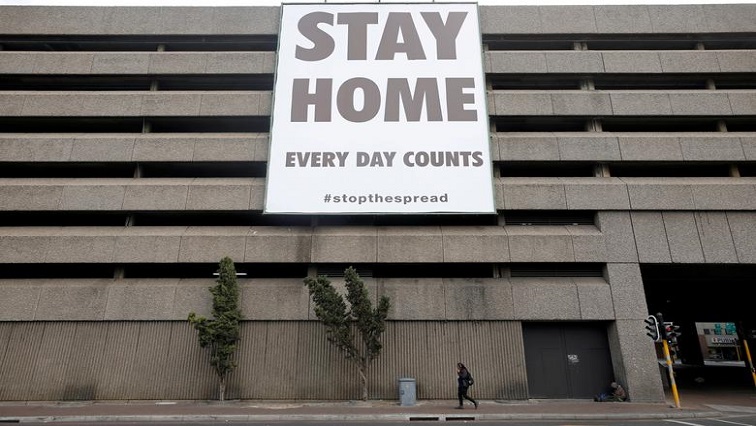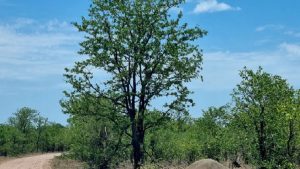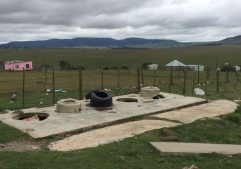Black South Africans were more willing to sacrifice their rights to stop the spread of the coronavirus, than their white counterparts. This is according to the Human Sciences and Research Council (HSRC) in a study conducted during the lockdown in 2020.
The HSRC released the findings of its research titled: “Who is willing to sacrifice human rights in the context of COVID” in a webinar in Pretoria.
The findings come as the country is about to mark one year since the lockdown was instituted to curb the spread of COVID-19.
National Assembly focuses on how COVID-19 affected the rights of South Africans:
The study was conducted in three phases: April to May; August to October; and December 2020 to January 2021.
The HSRC’s Divisional Research Executive Professor Narnia Bohler-Muller says, “78% of South Africans were willing to sacrifice their human rights to stop the spread of the virus. So, 78% in the third round. So, there wasn’t much difference across the rounds as to this general question that is ‘are you willing to sacrifice your rights?’ But where we broke down to ‘which rights you were willing to sacrifice,’ then the outcomes were slightly different.”
Demographics
Prof Bohler-Muller says according to demographics, it has been found that black South Africans were more willing to sacrifice their rights to stop the spread of the virus compared to their white counterparts.
“The most demographic group, most willing to sacrifice their rights were black South Africans at 81%. The demographic in South Africa that were least willing to sacrifice their rights were white South Africans at 58%.”
Human rights in the context of COVID-19: Prof. Narnia Bohler-Muller
Violations during lockdown
Chief Executive Officer of the South African Human Rights Commission, Advocate Tseliso Thipanyane, says the commission has seen an increase in the number of complaints of human rights violations during the lockdown.
“So yes, the number of complaints did increase because of the peculiar nature of COIVD-19 that we are now limiting the rights. The other thing which concerns us, which we are also looking at under small offences; what might happen to people who got the criminal record for not wearing a mask because then are you going to have a policy where after a certain period of time, those records will be expunged?”
Human Rights and Social Justice Activist, Mark Heywood, says respect for and promotion of human rights will improve the country’s COVID-19 response.
“So there is a positive side that has to be much better understood. There is positive state obligation when it comes to socio-economic rights whose regression makes people more vulnerable to COVID-19, to spreading COVID-19 and to dying of COVID-19.”
The HSRC and the Human Rights Commission say, despite, there being important players in research and protection of human rights, the national Coronavirus Command Council, chaired by President Cyril Ramaphosa, has never invited them to give input on how to deal with COVID-19.
The right to go to place of worship was the right South Africans were most willing to sacrifice. #LockdownSA pic.twitter.com/iSwqPwQoiJ
— HSRC.ac.za (@HSRCza) March 24, 2021






